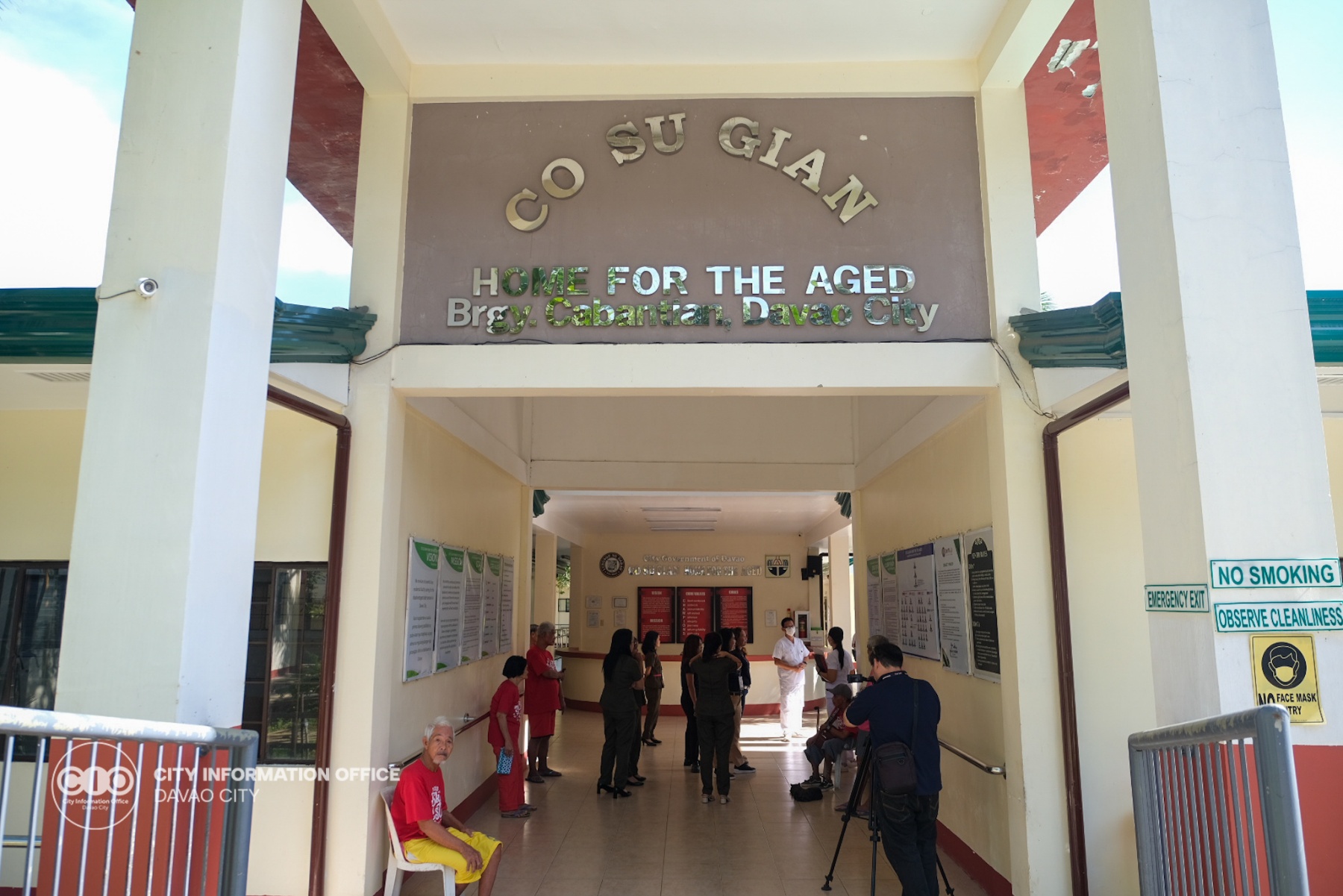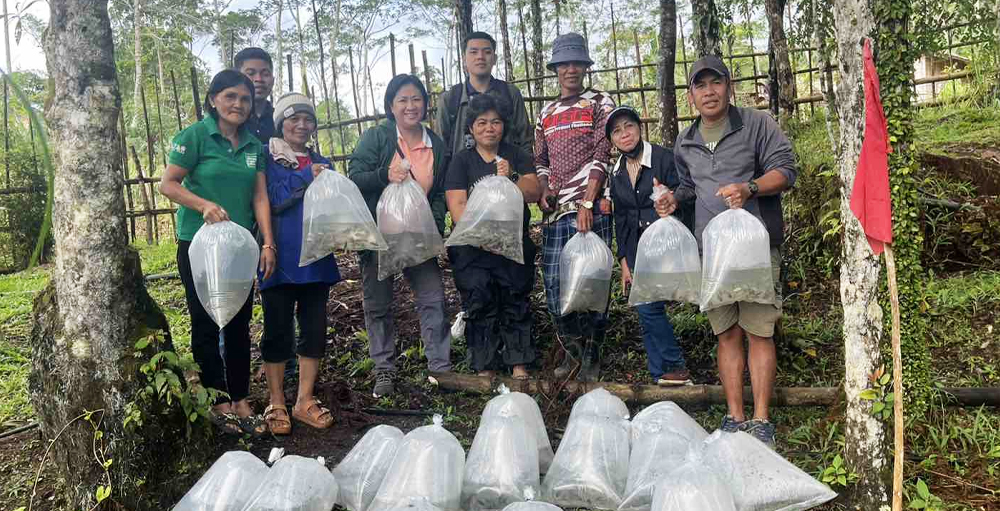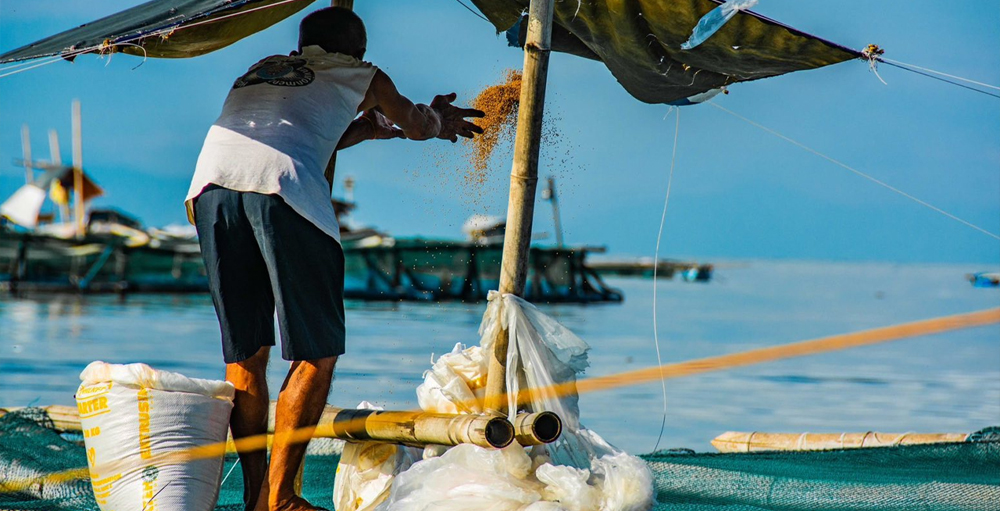Amid stories of homelessness, neglect, abandonment and abuse, the elderly residents of Co Su Gian, which is operated by the City Government of Davao, consider the care facility as their home away from home.
“Ten years na ako dito sa Co Su Gian pero bale tatlong ampunan napuntahan ko bago ako dumating galing Maynila. Wala na malapitan ba kasi walang kamag-anak (I’ve been here in Co Su Gian for 10 years now, but before I came here, I was in three different care facilities. I have no other relatives left),” a woman resident said.
In the Philippines, older persons are among the most vulnerable sectors based on the Philippine Development Plan as they are “physically more fragile and have limited income sources.” This is especially true to homeless, abandoned, neglected, and abused older persons.
In Davao City, however, there’s Co Su Gian.
For 31 years now, Co Su Gian has been a home for abandoned, neglected, and homeless elderly people in the city.
The facility provides residents with food, clothing, medical, psychosocial therapy, and other social work interventions.
The elderly people living in Co Su Gian were either referred to the facility or were rescued from the streets.
Founded in the 1980s as a meeting place for the Senior Citizen Federation in the city, Co Su Gian was converted into a temporary shelter for homeless older persons in 1993.
The facility was named after the mother of businessman Howard Wee who donated the 6,829-square meter land in Barangay Cabantian to the Senior Citizen Foundation.
In 2012, the facility was turned over to the City Social Welfare and Development Office (CSWDO) under the City Government of Davao, which has been allocating funds to run the home for the aged.
Fifty-six older persons are currently living in Co Su Gian. Some of them still have families or relatives yet circumstances do not allow them to be together. There are also those whose families cannot be located, while others no longer have any family or immediate relatives left.
Nanay Linda (not her real name), 81, no longer has any family left as her mother and sister are already dead.
The unmarried Nanay Linda said she has been to three different care facilities before coming to Co Su Gian.
“Wala ng dalaw-dalaw dahil ako nag-iisa nalang dito sa mundo (No one visits me here since I don’t have any family left),” she said.
Tatay Jeffry (not his real name), 69, shares the same circumstance. His wife died during childbirth. Six months later, his child followed. He also didn’t have other relatives.
Ramonita Salamanca, the Co Su Gian Center Overseer, said that for cases like Tatay Jeffry’s and Nanay Linda’s, the facility serves as their home until their last day.
There are also cases when the social workers in Co Su Gian are able to locate the families of their clients. However, a number of them opted to stay in the facility instead of staying with their family, like in the case of Nanay Eli (not her real name).
Nanay Eli has two children, but they have become distant. She shared that during her younger years, after her husband died, she had to ask her friend to help raise her children while she worked as a server in an eatery.
Her children know that she is currently in Co Su Gian. Nanay Eli said that they sometimes visit her and take her out of the center, especially during her birthdays. However, she couldn’t stay with them.
“Diri nalang ko kay niingon man gud akoang anak ‘di ko makapuyo sa iyang balay. Tukuran ko’g gamay nga puy-anan duol sa sapa (I’ll just stay here because my child told me that I can’t stay with them in their house. They said they will build a shack for me near a river),” she said.
Salamanca said that Co Su Gian also helps and facilitates the reunion of their clients and their immediate families. They coordinate with different local government units as well as with the Department of Social Welfare and Development to locate the families of their clients. They also conduct thorough assessment if the families are capable of providing the elderly with shelter and proper care.
Despite these efforts, there are still instances when the families are unable to look after the elderly.
Although most of the elderly people living in Co Su Gian had tough lives prior to their arrival in the facility, they have expressed their gratitude to the facility and its staff for ensuring that they were being cared for.
“Maayo man sila pagtagad sa amo. Pasalamat man ko kay maayo man kahimtang namo diri (They treat us well. I am very grateful because we have a better situation here),” Nanay Eli said.
Co Su Gian’s doors are open to abandoned, neglected, and homeless elderly people who need to have a place that they can call home.




